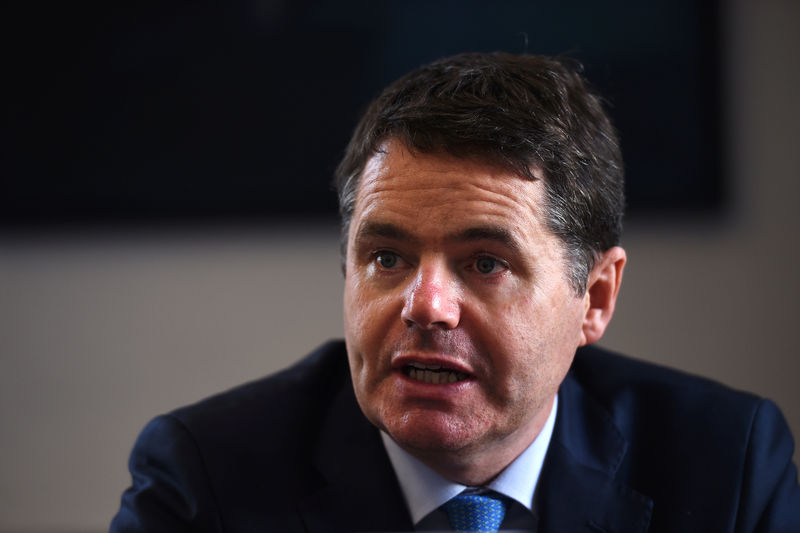DUBLIN (Reuters) - Ireland has shown its willingness to reverse tax incentives aimed at boosting activity and will decide the fate of a lower VAT for tourism when a clearer picture of the impact of Brexit emerges, finance minister Paschal Donohoe said on Wednesday.
A cut in sales tax for hotels, restaurants and other tourist businesses to 9 percent from 13.5 percent in 2011 has succeeded in lifting a sector that was reeling from Ireland's financial crisis.
It is now benefitting from record visitor growth and higher prices, particularly in Dublin.
While the number of tourists are up 2.5 percent so far this year, the weakening of the pound following Britain's vote to leave the European Union cut visitors from Ireland's nearest neighbour by 7 percent, bringing an end to the overall double-digit growth of recent years.
That prompted Donohoe to retain the lower rate in Tuesday's budget for 2018 but he pointed to a sharp hike in the rate of stamp duty on commercial property - another area that rebounded following a rate cut - as a signal of his future intentions.
"Because of the decision that I've made in relation to stamp duty, I think I've shown my willingness to be able to undo tax rates that I believe are unsustainable in the long run," Donohoe told national broadcaster RTE, referring to the VAT rate.
"I would rather make a further decision relating to the VAT rate when I'm clear on what's going to happen to the British tourism sector," Donohoe said, describing the decision to keep the rate as a "very fine judgement call".
